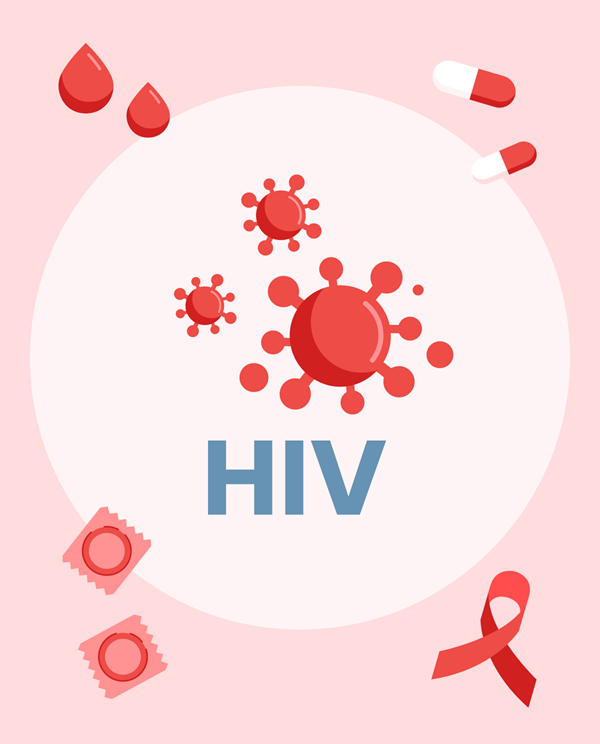
An international HIV and human rights consultant, Christian Mwata has expressed deep concern over the deplorable conditions of prisons across several West African countries, warning that the neglect of inmates’ health, especially for those living with HIV, poses a significant public health risk that must no longer be ignored.
Mwata made this known on Tuesday in Lagos during a training session for media and civil society organisations, organised under the Breaking Down Barriers initiative by the Thomson Reuters Foundation. He described the denial of basic healthcare services in prisons as a blatant violation of both national constitutions and international legal obligations ratified by many countries in the region.
Speaking from his extensive experience conducting legal environment assessments across West Africa, Mwata stressed that when an individual is imprisoned, the only right they are meant to lose is freedom of movement. He lamented that many inmates are denied access to even the most basic health services, including life-saving antiretroviral treatment for HIV, which he said is not only cruel but dangerously undermines public health systems.
He noted that in some countries, the conditions are so dire that being detained while living with HIV amounts to an unofficial death sentence. Overcrowding, poor sanitation and lack of treatment create conditions that fuel the rapid spread of infectious diseases among prisoners.
Mwata also drew attention to the unique burden carried by women living with HIV, who often face double stigma – first due to harmful gender stereotypes and secondly because of the infection itself. He emphasised the need for gender-sensitive strategies in addressing HIV care behind bars and in society at large.
He called for urgent legal reforms to eliminate unconstitutional laws that criminalise vulnerable groups, arguing that such laws hinder effective health interventions and perpetuate discrimination. He urged civil society organisations and journalists to step up efforts to document rights violations and to challenge discriminatory policies through constitutional courts and public advocacy.
Additionally, he highlighted the need to train law enforcement personnel, especially prison officials, on human rights principles and the legal hierarchy to prevent the enforcement of outdated or unconstitutional laws that infringe on inmates’ rights.
Mwata commended the Thomson Reuters Foundation for supporting programmes that advance access to justice, legal education and gender-sensitive HIV programming. He called for stronger partnerships between governments and civil society to ensure inclusive, rights-based responses to HIV, insisting that no one, including prisoners, should be left behind in the fight for health and human dignity.

